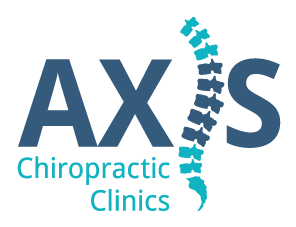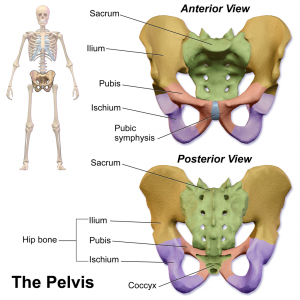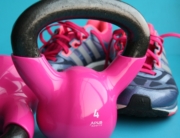Is back pain whilst pregnant normal? And Do you have to put up with it?
This is often a question I get asked a lot from patients and patient’s family members. The answer is yes back pain is common during pregnancy, but just because it is common it doesn’t mean you have to put up with it!
Often women do not realise that they can have help for their pain whilst pregnant and often only seek treatment after they have had the baby, but, this does not have to be the case.
The most common problem we see ladies for whilst they are pregnant is PPGP (Pregnancy related Pelvic Girdle Pain), This term is used to describe problems that can occur with the Sacroiliac joints at the back of your pelvis and/or the Pubic Symphysis at the front of the pelvis.
The symptoms can include lower back pain, pain into the thighs or the groin, pain in the buttocks and the outer hips. Although it can vary ladies can get pain on getting up from a chair, on crossing their legs, turning in bed and on getting in and out of the car, sometimes a grind/click can be felt in the pubic symphysis region too.
What are the causes of PPGP?
It is important to note that although the most common causes for PPGP often occur in many pregnancies it does not mean that everyone will experience pain. The changes that occur during pregnancy however can lead to pain and problems for some mums to be. The first change is caused by ‘Relaxin’ a hormone produced by your body which causes the ligaments of the pelvis to relax, this is to prepare you for birth but can cause the pelvis to move/ rotate early in the pregnancy. The position and the size of the baby will have an effect too along with new postural changes. Going into a pregnancy with previous/ ongoing back problems can also may you more susceptible to developing pain/ dysfunction.
How can treatment help?
Gentle and safe Chiropractic methods aim to help restore function to the joints, muscles and ligaments to help your body cope better with the changes of pregnancy. The use of a specialised pregnancy pillow means that you will be able to lay on your front for some of the treatment. Home exercises often working on pelvic floor and gluteal strengthening are also often useful. Kinesiotaping and Sacroiliac belts are also often applied/recommended when needed.
If you think you may be suffering from PPGP or would like to know more please get in touch, we have chiropractors at Axis with special interests in treating pregnant ladies who would be happy to help.
By Dr Rachael Hughes (Doctor of Chiropractic)
Pelvis image from
https://courses.lumenlearning.com/ap1x94x1/chapter/the-pelvis/









Recent Comments